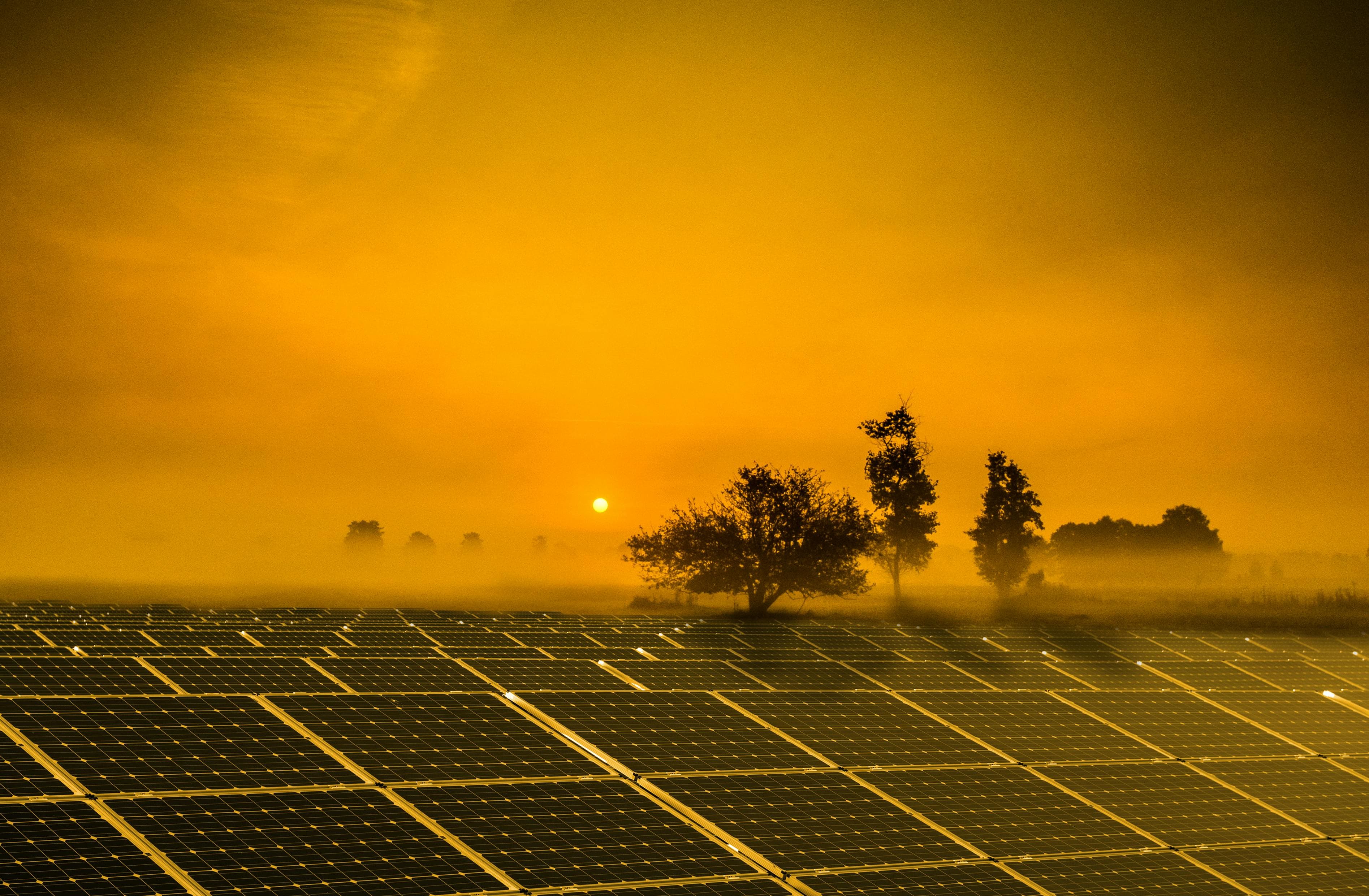When people think about solar panels, they often focus on how many to install or where to place them. But one of the most important — and sometimes overlooked — factors is panel efficiency. It’s what determines how much electricity your panels can actually produce from the sunlight they receive.
Higher efficiency doesn’t always mean better for every situation, but understanding what affects it can help you make smarter decisions and get more value from your system.
What Is Solar Panel Efficiency?
In simple terms, efficiency is how well a solar panel converts sunlight into usable electricity. For example, if a panel has 20% efficiency, that means 20% of the sunlight hitting it is turned into energy — the rest is lost as heat or reflected away.
Most panels today range between 17% and 22% efficiency. That might not sound like much, but it’s a huge improvement compared to where solar tech was even a decade ago.
What Actually Affects Efficiency?
1. Temperature
It might sound strange, but too much heat is bad for solar panels. When panels get hot — especially on rooftops in the summer — their efficiency drops. That’s why airflow under the panels and heat-resistant designs matter.
2. Panel Material
Not all panels are created equal. Monocrystalline panels are usually the most efficient (and most expensive), followed by polycrystalline and thin-film. Each type has its own use case, depending on your budget and space.
3. Sunlight Angle and Shading
Panels perform best when they’re facing the sun directly. If your roof is at a suboptimal angle, or if trees or chimneys create shade, your output will be lower — even if you’re using high-efficiency panels.
4. Dust and Dirt
A thin layer of dust, bird droppings, or pollen can actually cut panel output significantly. Regular cleaning makes a difference — especially in dry or dusty regions.
Does Higher Efficiency Always Mean Better?
Not necessarily. If you have plenty of roof space, going with slightly less efficient but more affordable panels might make more financial sense. But if you’re working with limited space, like a small roof or a balcony system, efficiency matters more — because you want to squeeze the most power out of every square meter.
Our tool calculates your expected energy output based on your location, system size, and estimated efficiency. Whether you're going for top-tier panels or a budget-friendly setup, you’ll still get a realistic idea of how much energy you can expect to produce — and what it means for your savings.

